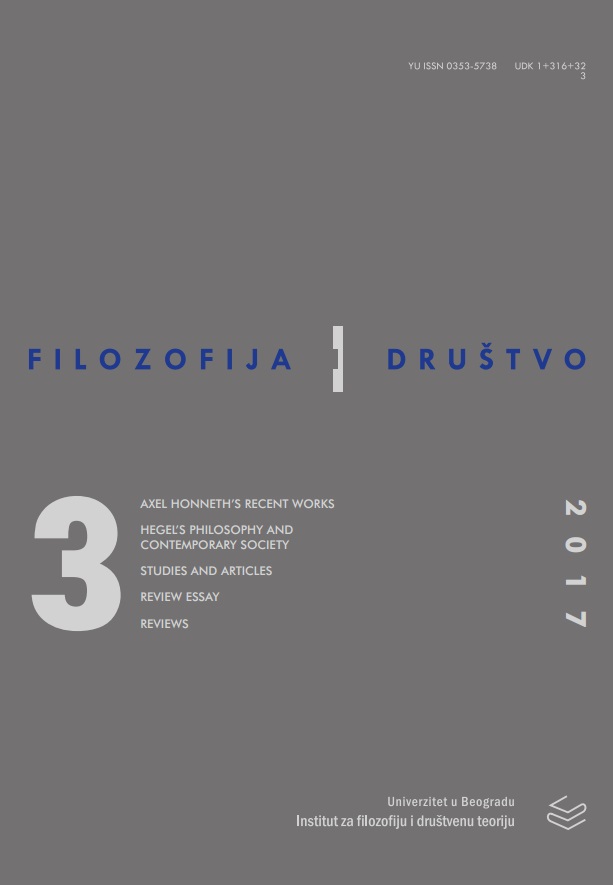Politics of Memory, Historical Revisionism, and Negationism in Postsocialist Serbia
Politics of Memory, Historical Revisionism, and Negationism in Postsocialist Serbia
Author(s): Marko Škorić, Milivoj BešlinSubject(s): WW II and following years (1940 - 1949), Historical revisionism, Politics of History/Memory
Published by: Institut za filozofiju i društvenu teoriju
Keywords: Politics of memory; illegitimate revisionism; negationism; historiography; post-communist Serbia; legitimation of Chetniks;Second World War;
Summary/Abstract: This paper explores the phenomenon of revisionism in historiography, while focusing in particular on illegitimate revisionism and negationism. It is indisputably true that historiography must be subject to constant revisions. Like all scientific theories, it needs to be characterized by a sort of “conservative” openness towards new ideas; however, revisions and negations are often put forward without scientific grounding. They reject the well-established historiographical methods, while opening themselves to various kinds of ideologies, biases and manipulations. The paper further offers a synthesized overview of the revisionist practice in dominant parts of the society and historiography in post-communist Serbia. The change in the ideological paradigm that occurred in the 1980s was accompanied by a politically motivated reinterpretation of the past, which primarily focused on World War II in Yugoslavia. In Serbia in the 1990s, Tito’s Partisans were no longer celebrated as national heroes and fighters against fascism; they were replaced by the royalist and nationalist Chetniks led by Draža Mihailović, whose collaboration with the occupying forces was purposefully glossed over. The nationalist interpretation of history and the new revisionist politics in Serbia were supported by the state and the activities of its three branches: legislative, executive and judicial. In spite of the political changes that took place in Serbia in 2000, the dominant nationalist matrix in historical interpretations and revisionist politics remained unchanged.
Journal: Filozofija i društvo
- Issue Year: 28/2017
- Issue No: 3
- Page Range: 631-649
- Page Count: 19
- Language: English

